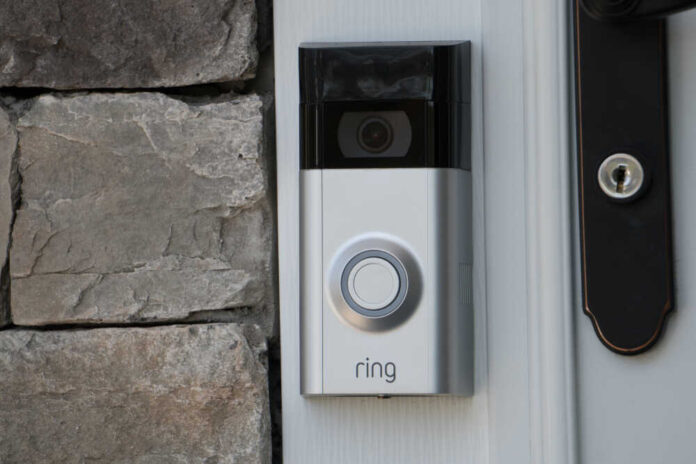
Rep. Matt Gaetz (R-FL) charged Thursday that the popular Ring doorbell cameras are a danger to Americans’ privacy. He referenced documents from the Federal Trade Commission (FTC) that were filed in May addressing worries over doorbell camera security.
Gaetz tweeted a video of FTC Chair Lina Khan appearing before Congress along with a startling message.
The congressman asked “DID YOU KNOW??? Perverts at @Ring are…propositioning grandmas, watching you sleep, watching you use the bathroom, [and] unable to stop hackers from threatening you and your children.”
In the accompanying video, Gaetz noted that millions of Americans use the doorbell cameras. Addressing Khan, he asked if she was aware that during a three-month period in 2017, a Ring employee watched thousands of videos of female customers.
That employee continued the practice until a coworker discovered what they were doing.
https://t.co/0xnS8yox0b
Using Federal Trade Commission documentation as the basis for his claims, Republican Rep. Matt Gaetz of Florida on Thursday leveled an attack on Ring doorbells, saying they present a privacy danger.— Jeanette Dorosh (@jeanettedorosoh) July 14, 2023
And even then, Ring could not determine how many other workers improperly accessed customer videos because there were no safeguards in place.
Many of the instances of improper access, Gaetz told the FTC chair, were in their bedrooms and bathrooms. Others were of fellow Ring employees.
Gaetz hardly stopped there. He observed that people purchase these doorbell cameras to enhance their safety and that of their families. What they do not anticipate is receiving indecent propositions and even threats through the devices.
The FTC found that Ring misled customers by allowing both employees and contractors to have access to customer videos. These were utilized without consent for training and obviously other less noble purposes.
The company, according to the federal agency, did not implement necessary safeguards to protect their clients.
Instead, one would have to search deep into the Ring Terms of Service and Privacy Policy to find the rights the company claimed. They included using recordings from private residences for “product improvement and development,” a blanket permission that was apparently misused.
The FTC complaint went further, alleging the company failed to provide even the most basic security protocols to protect customers. One attack method utilized by bad actors was “credential stuffing,” which implemented stolen usernames and passwords to gain access to the system.
Another, “brute force” attacks, used a system that electronically entered “guesses” of common passwords to breach the Ring system.
Simple steps for Ring to counter these attacks, according to the FTC, were ignored until at least 2019. And even then the agency charged the company’s implementation was largely ineffective.


















